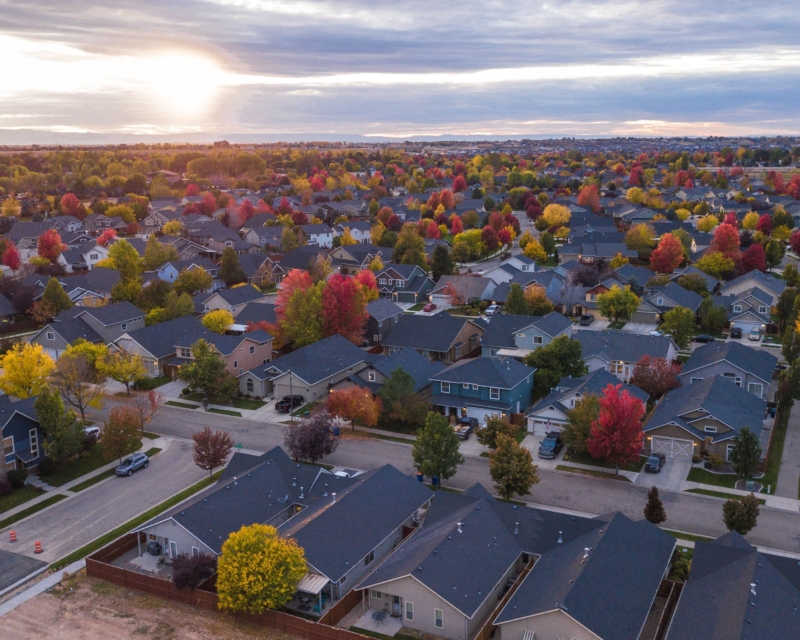Housing Market Faces Dire Future Amidst Rising Mortgage Rates and Supply Shortages
Concerns about the short-term outlook for the U.S. real estate industry are growing as industry leaders and experts voice their apprehensions. Leading the chorus of caution is James Iuorio, the Managing Director of TJM Institutional Services, who echoes the anxieties expressed by prominent figures in the real estate sector.
Speaking on “Mornings with Maria,” Iuorio highlighted the potential challenges the housing market may face as a consequence of the ongoing changes in mortgage rates. “As time goes on and people have to roll out of those 30-year loans that they have, I think we’re going to see the effects in housing are going to be dire, but it’s going to take longer this time than before,” he explained.
The U.S. Federal Reserve’s recent aggressive campaign to raise interest rates has led to a significant surge in mortgage rates, breaching the 7% mark for the first time in almost two decades. This abrupt increase has notably cooled down the red-hot housing market that had been thriving in the aftermath of the COVID-19 pandemic.
Despite the passage of time, mortgage rates have been slow to retreat and have, in fact, reached a new two-decade high in the previous week. According to Freddie Mac, rates for the widely-used 30-year fixed mortgage are currently hovering around 7.09%. This stands in stark contrast to the 5.13% rate recorded just a year ago and the pre-pandemic average of 3.9%.
Compounding the challenges posed by high mortgage rates, the housing market is grappling with a severe shortage of available homes. Sales of previously owned homes experienced a 2.2% decline in July, while the National Association of Home Builders reported a six-point drop in new home construction sentiment for August.
James Iuorio took the opportunity to critique the Federal Reserve’s approach, indicating that Federal Reserve Chair Jerome Powell’s stance has yet to be tested. Iuorio noted, “There’s never been a really material pullback in the stock market that would make him wonder if he’s doing the right thing. So I think that that’s a big risk to the market.”
Lowe’s, a major home improvement retail giant, has shown a pre-market earnings estimate projecting a 3% increase. However, Iuorio regarded this positive data point with skepticism, describing it as “the last gasp of the housing head fake.” He expressed doubt about the wisdom of investing in home builders when mortgage rates are at such elevated levels.
Zooming out to consider the broader U.S. economy, Iuorio discussed the looming specter of inflation. He likened the current economic landscape to the inflationary period of the 1970s. He pointed out concerning indicators, such as rising car loan defaults and credit card debt surpassing the trillion-dollar mark. “There’s some bad signs for the economy, and I’m still in that recession camp, by the way,” Iuorio cautioned.
As the real estate industry navigates the convergence of high mortgage rates, supply shortages, and inflationary pressures, experts and industry leaders are closely watching for signs of the market’s direction in the coming months. The complex interplay of these factors will undoubtedly shape the future trajectory of the housing sector.




